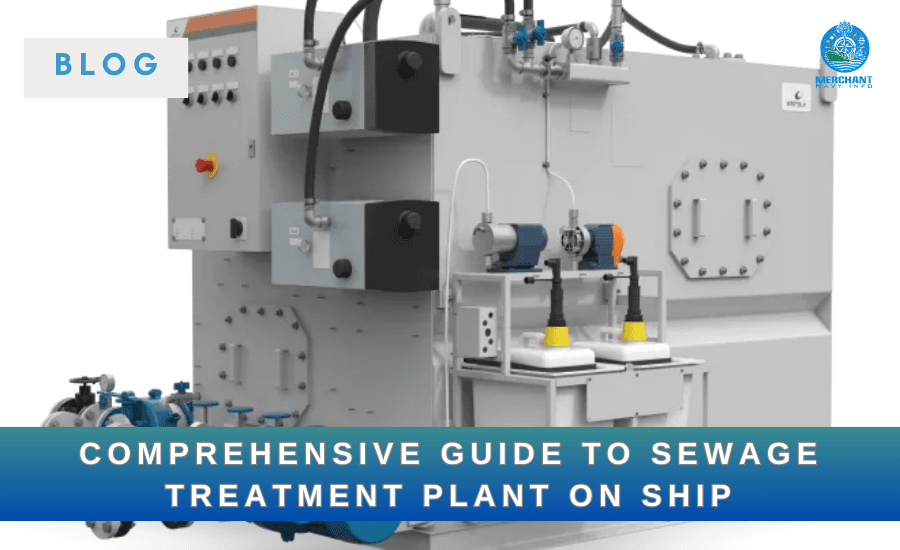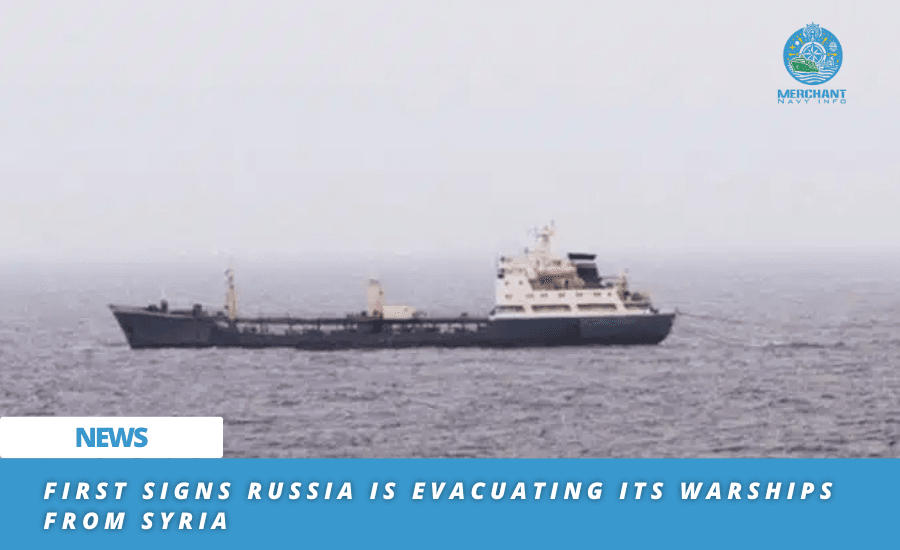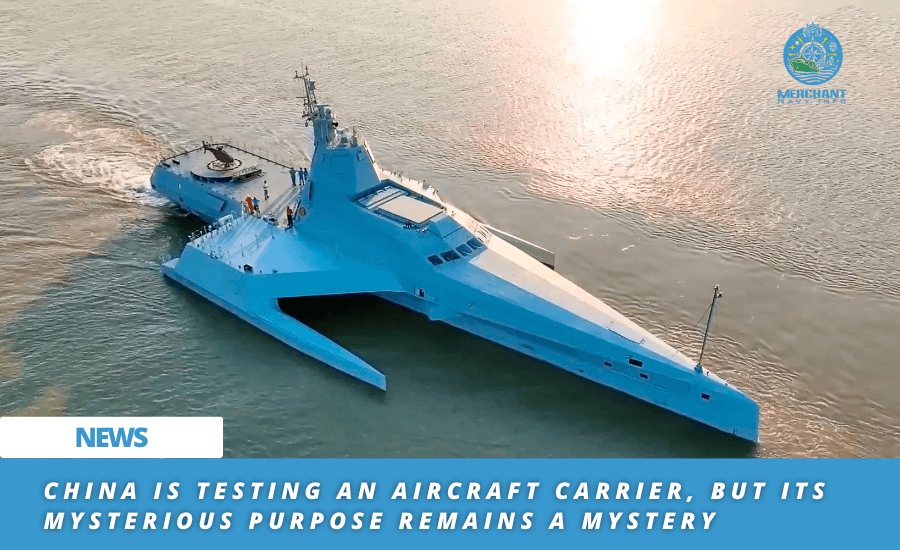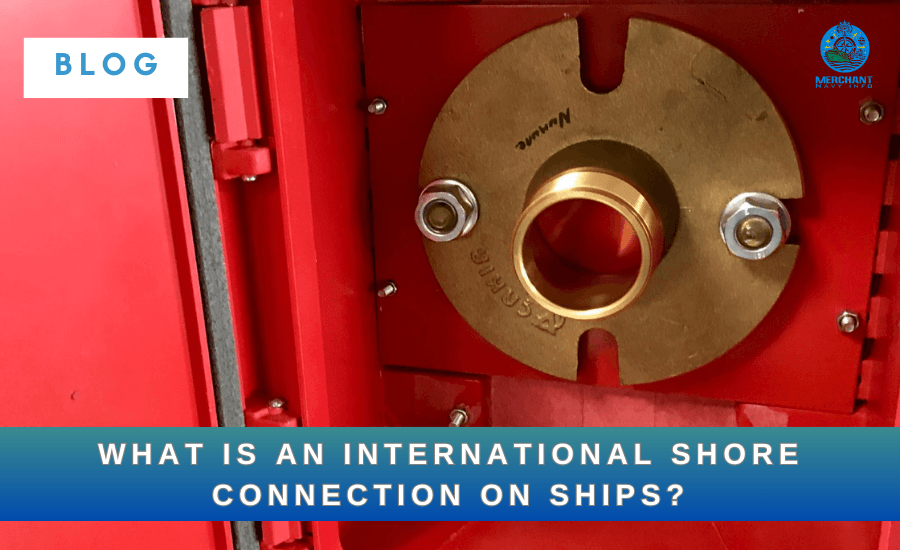
Maersk Signs Deal For 20 Dual-Fuel Ships
Maersk has signed deals with Chinese and Korean shipyards to construct 20 new ships with a total capacity of 300,000 TEU, due for delivery in 2028-2030.
The new Maersk ships will replace older tonnage and keep the shipping line’s fleet at around 4.3 million TEU and follow the fleet replacement plan originally announced in 2021, which proposed an average of around 160,000 TEU of new orders per year, with an unspecified number.
The Danish group’s latest batch of orders follows a deal in August for up to 60 ships totaling around 800,000, including 500,000 TEU of charter capacity and 300,000 TEU of private vessels.
All new builds will be powered by dual fuel, methanol and LNG.
“Due to their different sizes, these vessels will be able to play multiple roles and functions in our future network and will provide us with a lot of deployment flexibility when they are ready to enter our fleet. Once they enter service in phases, they will replace existing vessels. ” said Anda Cristescu, Vice President of Fleet Chartering and Newbuildings at Maersk.
The latest 20 new orders include two 9,000 TEU ships and six 17,000 TEU ships to be built at Yangzhijiang Shipyard in China.
The remaining 12 15,000 TEU orders will be equally divided between Hanwha Marine & Shipbuilding in South Korea and New Era Shipbuilding in China.
“These orders are part of our ongoing fleet renewal program and are in line with our commitment to decarbonization, as all ships will be equipped with dual-fuel engines designed to be powered by low-emission fuels,” added Cristescu. ”
Maersk said it emphasized the flexibility of its new building program, both at the operational level, the level and size of chartered vessels, and in terms of fuel mix, as the carrier has chosen gas-to-power and could also choose to use LNG or lower-emission fuels if available.
Maersk COO Rabab Boulos said: “Our fleet renewal programme is essential to maintaining the competitive advantage of our maritime business and is a cornerstone of the decarbonisation of our operations.”
Maersk still believes that methanol is the most likely low-emission transition fuel in the short to medium term. Still, to remain competitive, the shipping company said it needs to place orders now as shipyard slots fill up rapidly.
“These orders will not increase overall capacity, and over time, each vessel that arrives will replace a scrapped vessel that has reached the end of its useful life, ensuring that our fleet size remains at around 4.3 million TEUs,” explained a Maersk director. ”Asset Strategy and Strategic Partnerships, Ahmed Hassan.
By diversifying our fleet and fuel options, we gain the flexibility, knowledge, and experience to meet a future characterized by multiple fuel choices. “We are grateful to our partners for working with us to move the industry towards a zero-carbon shipping future. ”









